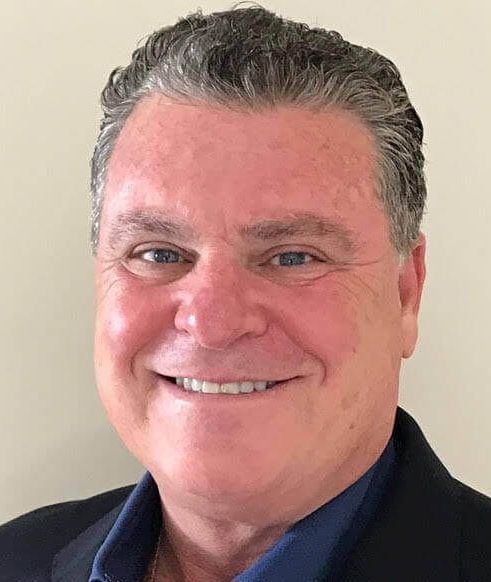3.3.3 The Department of Justice should examine how local laws and policies that decriminalize or reduce sanctions for drug use or activities related to homelessness impact law enforcement and public safety.
While law enforcement certainly plays a role in addressing the needs of individuals with substance use disorders and those who experience homelessness, they are also responsible for enforcing the law and maintaining public safety. Certain localities across this country have decriminalized or reduced sanctions for drug use, such as in the case of marijuana, or “quality of life” crimes— actions that are often a result of homelessness—such as public urination.
United States Attorney for the District of Vermont Christina E. Nolan explains, “When something is decriminalized, it takes a tool away from law enforcement, signals that the behavior is OK and will not have consequences, and logically will lead to more of the undesirable behavior. . . . Decriminalization of drugs will lead to more use, more related crime, and more drain on law enforcement resources and morale.”217
Decriminalization and reduction in sanctions merely raise the bar for law enforcement arrests, but they do not account for the reality that law enforcement officers still must address the complaints about these individuals from community members, respond to the noncriminal results of untreated substance use problems (e.g., overdoses), or interact with large homeless populations. This often results in an increase in the number of people in need who intersect with law enforcement, while the mechanisms to sanction these behaviors and shepherd people into courtmandated treatment programs are removed. This may have a greater cost to the community, including escalation and long-term drug use.
Sheriff Don Barnes of Orange County states, “In 2018, my department led an effort to address a large homeless encampment on the Santa Ana Riverbed. The encampment approached 1,000 people, many of whom were mentally ill and drug addicted . . . In remediating the riverbed we collected 13,950 used hypodermic syringes. This staggering number is a direct result of the decriminalization of drugs. In California, possession of drugs results in nothing more than a misdemeanor citation.”218 Sheriff Barnes emphasized that he was not advocating incarcerating drug-addicted individuals. Instead, he notes, “Crimes committed without consequence invite more crime, negatively impacting the community and systems that lack individual accountability exacerbate the problem by encouraging bad behavior.”219
The Department of Justice as well as state and local governments should evaluate the impact and side effects that the laws and policies of local and jurisdictions have on the safety of their community and effectiveness of their criminal justice system to better inform legislation, community services planning, and directing resources




